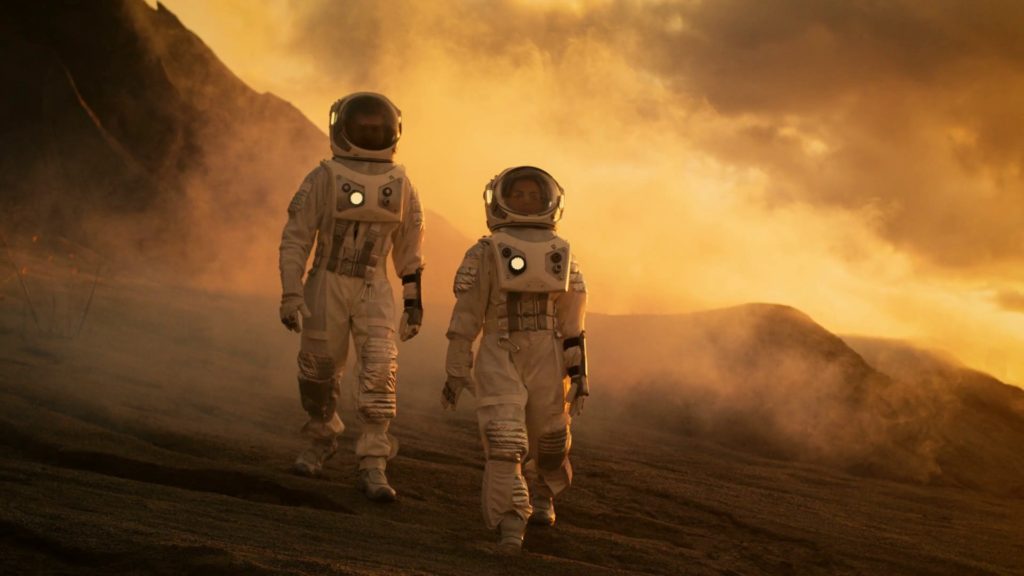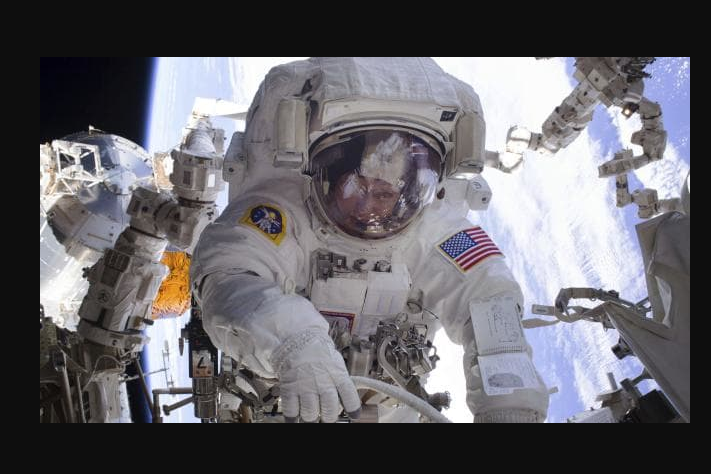Astronauts will have more difficulty during deep space mission as dormant viruses such as Herpes get activated during spaceflight. Astronauts would only be exposed to a small percentage of the symptoms.
However, spaceflight duration increases the rate at which viruses like Herpes reactivate. This leads to more challenges and complications for missions such as the expedition to Mars.
Dr. Satish K Mehta of KBR Wyle from the Johnson Space Center said,
During spaceflight there is a rise in secretion of stress hormones like cortisol and adrenaline, which are known to suppress the immune system.

Can Herpes symptoms happen in space too?
According to reports, 53% astronauts who are on short space shuttle flights and 61% of those on longer ISS missions shed viruses like Herpes in their urine or saliva samples. The rapid viral detection systems along with the ongoing treatment research help to protect them. These also helps immuno-compromised patients on the planet.
The reactivation of this Herpes virus is not only harmful to the astronauts but also to the people they come in contact with. Even after their return from the International Space Station, these astronauts continue to shed infectious substances for thirty days in their body fluids.
Fortunately, the astronauts who come in contact with this virus show minor signs only. However, the length of spaceflight is directly proportional to the reactivation of Herpes virus. This makes future missions more difficult.

NASA is on a mission to take people to the Moon and Mars. It is on its way to set up a lunar outpost. The latest development will help the astronauts to get back to the lunar surface. The project is likely to receive more funding under the proposed 2020 fiscal budget by the Trump government.









